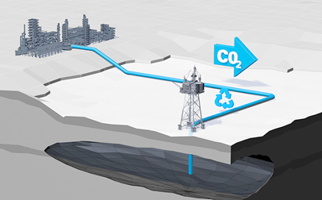
Annual Consents Exercise
- Regulatory information
- Licensing and consents
- Guidance
-
Exploration and production
- Overview
- Stewardship
- Exploration
- Development
- Production
- Onshore
- Petroleum operations notices
- Taxation
- Area Plans
- Wells
- Regulatory framework
- Gas storage and unloading
- Supply chain
- Decommissioning
- Technology
- Carbon storage


